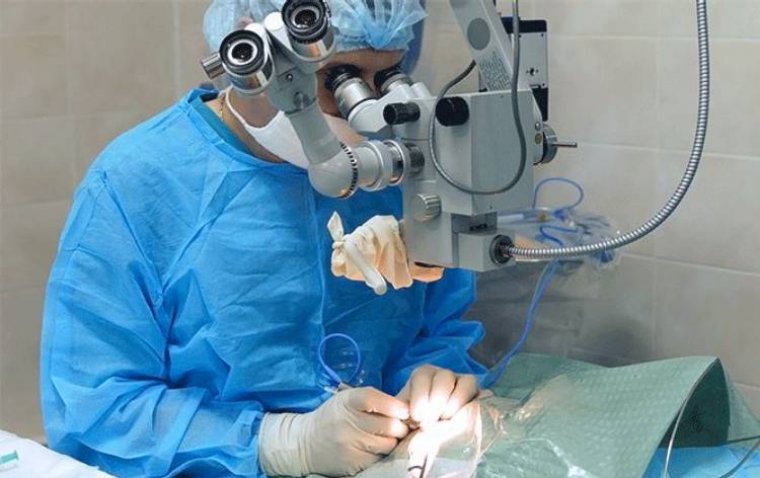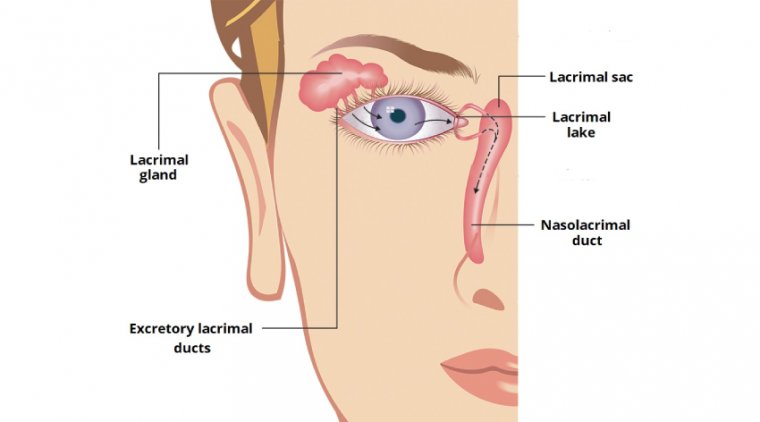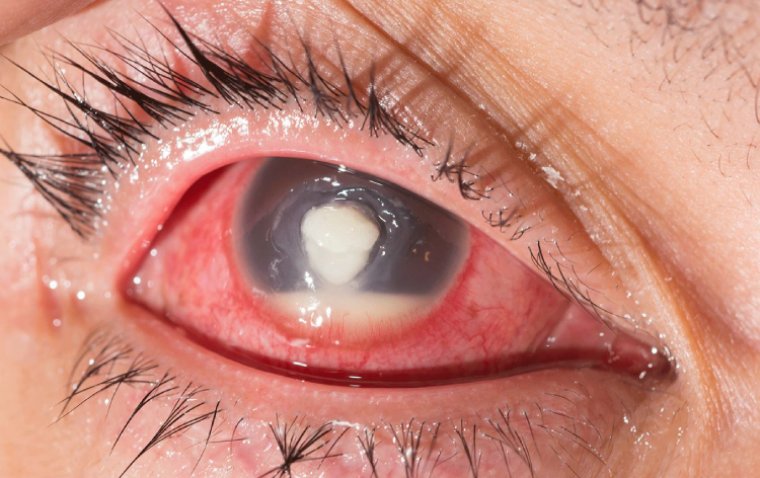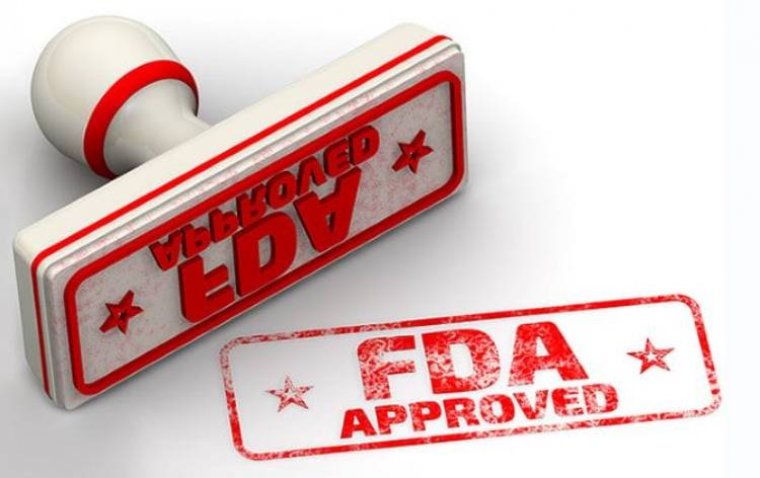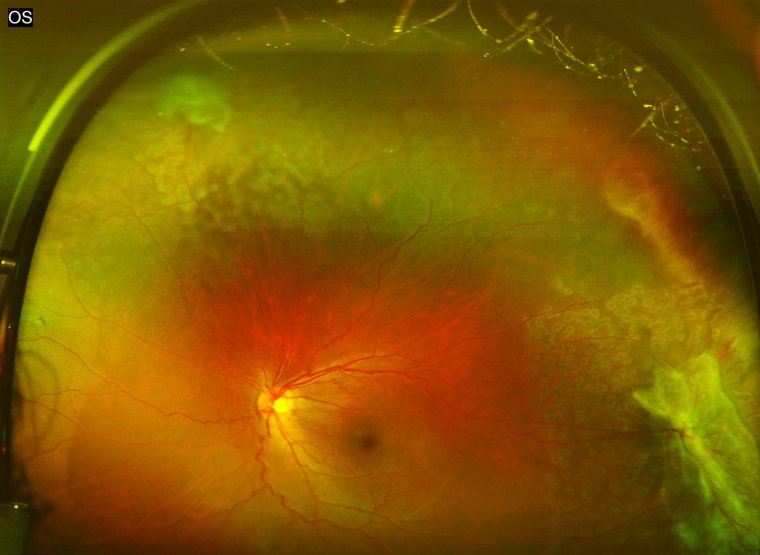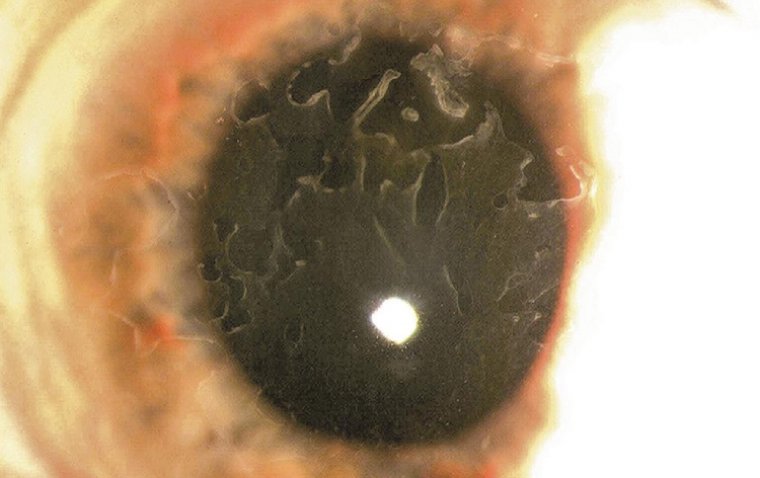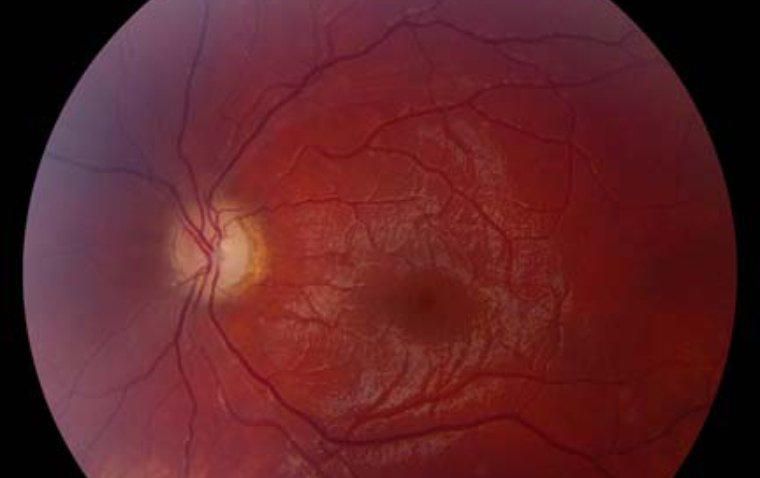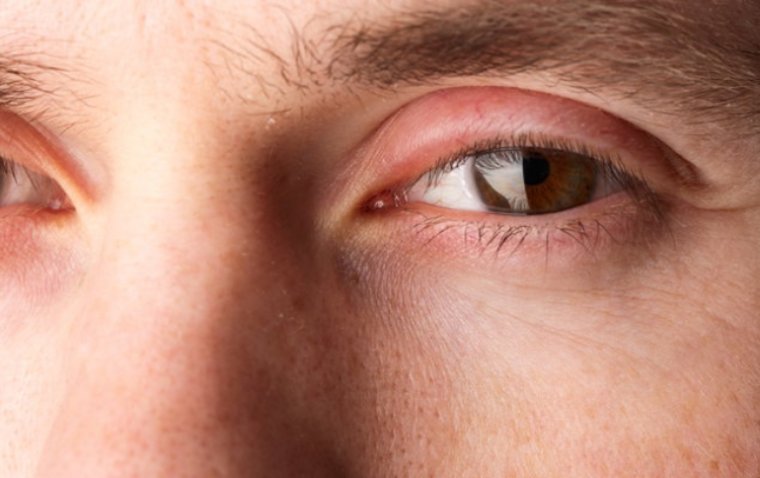
Why Is Your Upper Eyelid Swollen in the Morning?
Understanding Morning Upper Eyelid Swelling
Waking up with swollen upper eyelids can be a puzzling and occasionally concerning experience. This article overviews the phenomenon of morning upper eyelid swelling, shedding light on its potential causes, implications, and how to manage it. Whether you've encountered this issue personally or are simply curious about it, understanding morning upper eyelid swelling can help you navigate your eye health with confidence.
What Causes Upper Eyelid Swelling?
Morning upper eyelid swelling can be attributed to a range of factors. In this section, we'll explore some of the common causes behind this phenomenon, including allergies, fluid retention, and eye infections.
1. Allergies: Allergies to environmental factors like pollen, dust mites, or pet dander can cause upper eyelid swelling in the morning. When allergens come into contact with your eyes, they trigger an immune response that can lead to puffiness and swelling.
2. Fluid Retention: Fluid retention, often associated with dietary choices, lifestyle habits, or certain medical conditions, can result in swelling in various parts of the body, including the upper eyelids. When excess fluid accumulates in the eyelid tissues overnight, it can lead to morning eyelid puffiness.
3. Eye Infections: Infections, such as conjunctivitis (pink eye) or styes, can cause localized swelling in and around the eyes, including the upper eyelids. These conditions can lead to discomfort and morning swelling.
4. Inadequate Sleep: Lack of sufficient sleep or poor sleep quality can cause blood vessels around the eyes to dilate, leading to eyelid swelling. Adequate and restful sleep is essential for overall eye health.
5. Dehydration: Dehydration can cause the body to retain sodium, leading to puffiness in various areas, including the eyelids. Drinking enough water and maintaining proper hydration levels is essential for preventing morning eyelid swelling.
6. Cosmetic Products: The use of certain cosmetic products, such as eye creams or makeup, especially if left on overnight, can contribute to upper eyelid irritation and swelling.
7. Medical Conditions: Certain medical conditions, such as thyroid disorders or autoimmune diseases, can lead to morning eyelid swelling as part of their symptoms. Managing the underlying condition is essential in such cases.
8. Insect Bites: Occasionally, insect bites, especially around the eye area, can lead to localized swelling and puffiness upon waking up.
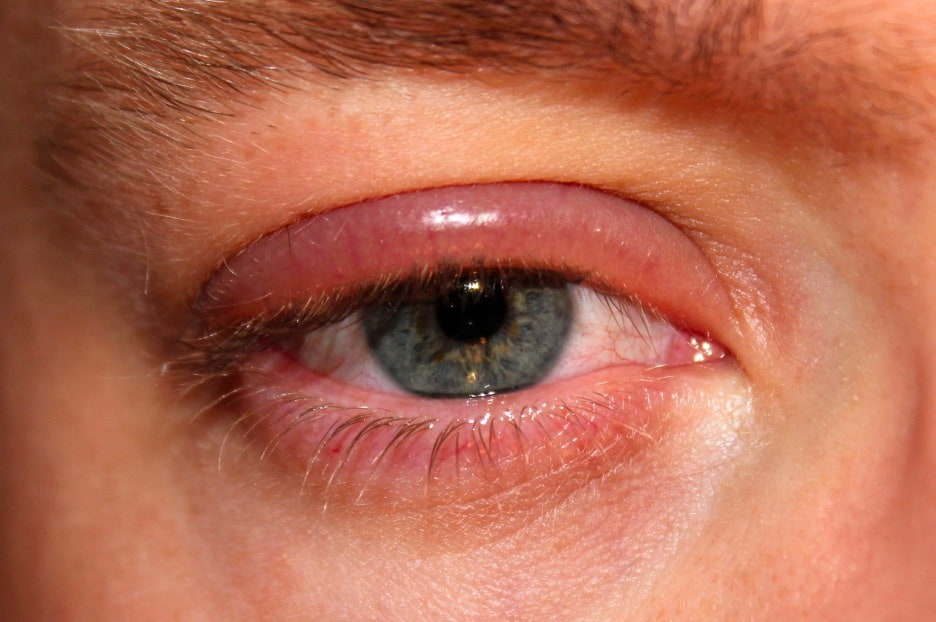
Symptoms of Swollen Eyelids
● Puffiness: Swelling and puffiness of the upper eyelids are the most noticeable symptoms. The eyelids may appear swollen, making it challenging to fully open the eyes upon waking up.
● Redness: Inflammation associated with eyelid swelling can cause redness or irritation of the eyelid skin.
● Tenderness: The swollen eyelids may feel tender or sore to the touch, especially if the cause is related to an infection or injury.
● Itching: Itchy eyelids are a common symptom, particularly when morning eyelid swelling is due to allergies.
● Watery Eyes: Some individuals may experience excessive tearing or watery eyes along with eyelid swelling, especially if allergies are the underlying cause.
● Discharge: In cases of eye infections, there may be discharge or crustiness around the eyes, which can contribute to eyelid swelling.
● Blurry Vision: Severe eyelid swelling can temporarily obstruct vision or cause blurry vision due to the pressure on the eyeball.
● Sensitivity to Light: In some instances, sensitivity to light (photophobia) may accompany morning upper eyelid swelling, making it uncomfortable to be in bright environments.
How to Prevent Eyelid Swelling
Maintain Good Sleep: Ensure you get enough quality sleep each night. Aim for 7-8 hours of restful sleep to prevent fluid retention, a common cause of morning eyelid swelling.
Adjust Sleeping Position: Elevating your head slightly while sleeping can reduce fluid accumulation in the eyelids. Consider using an extra pillow to prop up your head.
Reduce Salt Intake: High salt consumption can lead to fluid retention. Limit your sodium intake, especially in the evening hours.
Stay Hydrated: Drink plenty of water during the day to help flush excess sodium from your system, reducing the risk of morning eyelid swelling.
Manage Allergies: If allergies are a known trigger, take steps to manage them. This may include using antihistamines, avoiding allergens, or installing air purifiers in your bedroom.
Avoid Eye Rubbing: Rubbing your eyes can exacerbate swelling. Be gentle with your eyes and refrain from rubbing, even if they feel itchy.
Home Remedies for Morning Eyelid Swelling
● Cold Compress: Applying a cold compress to the swollen eyelids in the morning can help reduce inflammation. Use a clean, damp washcloth or a chilled eye mask.
● Tea Bags: Some people find relief by placing cold, damp tea bags (chamomile or green tea) over their closed eyelids for a few minutes. Tea contains anti-inflammatory compounds.
● Cucumber Slices: Thin cucumber slices can have a soothing effect on swollen eyelids. Place them over your closed eyes for 10-15 minutes in the morning.
These home remedies can provide relief for mild morning eyelid swelling. However, they may not address the underlying cause in all cases. If swelling continues or worsens, it's important to consult a healthcare professional or eye specialist for a proper diagnosis and appropriate treatment.
When to Seek Medical Advice
If you experience morning upper eyelid swelling, consulting a doctor for eyelid swelling is advisable in certain situations:
1. Pain or Discomfort: If the swelling is accompanied by pain, discomfort, or changes in vision, it's a red flag that should prompt a visit to a doctor.
2. Recurrent Swelling: If you experience recurrent morning upper eyelid swelling without an obvious cause, it's advisable to see a healthcare provider. This could indicate an underlying medical condition.
3. Allergic Reactions: If you suspect that allergies are causing the swelling, especially if you've used new skincare products or encountered potential allergens, consider consulting an allergist or dermatologist.
4. Infections: If there's discharge from the eye, redness, or signs of infection, see an eye specialist or general practitioner promptly.
Summary
In summary, morning upper eyelid swelling can result from a variety of causes, including allergies, fluid retention, and infections. Identifying the underlying reason is crucial in determining the appropriate remedy. While home remedies like cold compresses can be effective for mild cases, consulting a doctor for eyelid swelling is advisable in cases of persistent swelling, pain, recurrent episodes, or any signs of infection. Your eye health is important, and addressing morning upper eyelid swelling promptly is the key to maintaining clear, comfortable vision. If you're concerned about eyelid swelling or other eye-related issues, don't hesitate to reach out to a healthcare professional for guidance.
Remember, your vision matters. If you experience any unusual or persistent symptoms, consult a healthcare provider for personalized advice and treatment.
(1).jpg)
